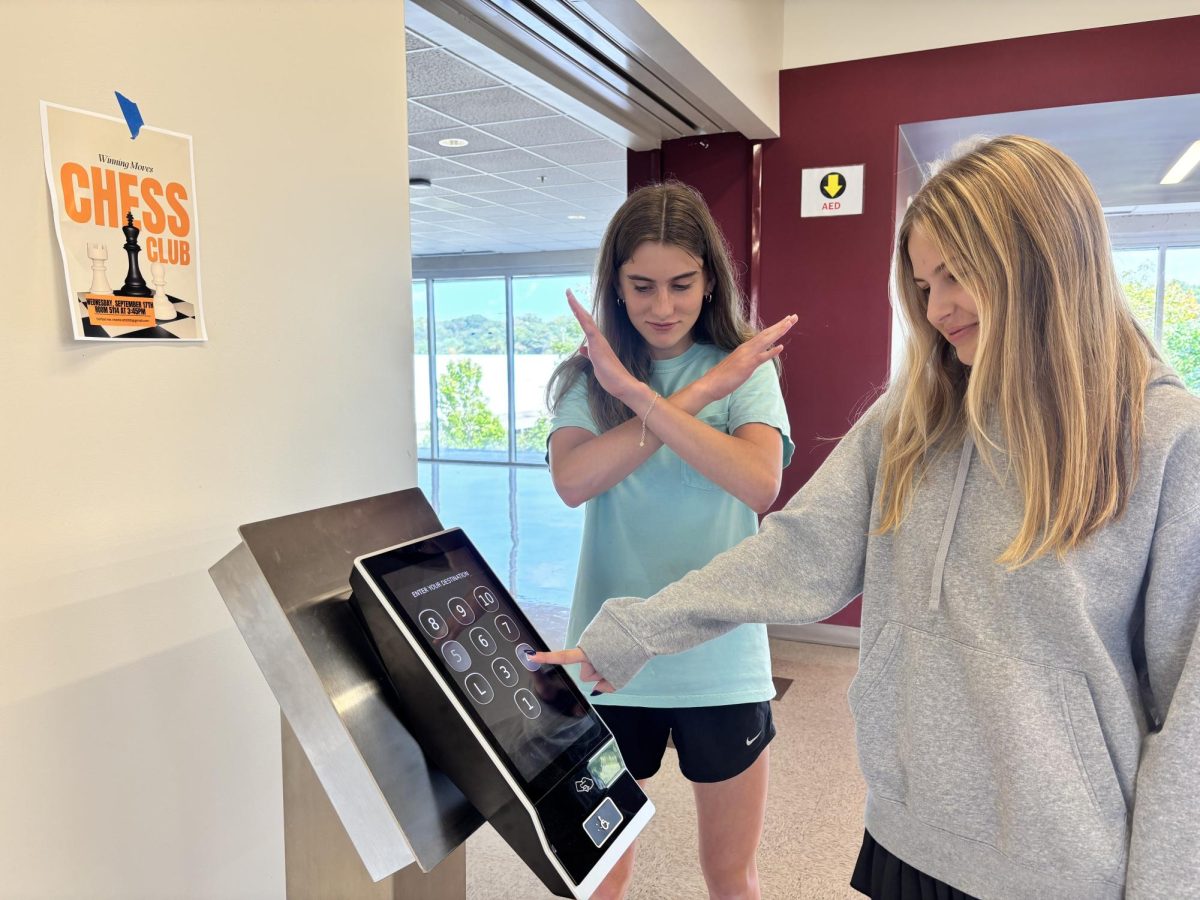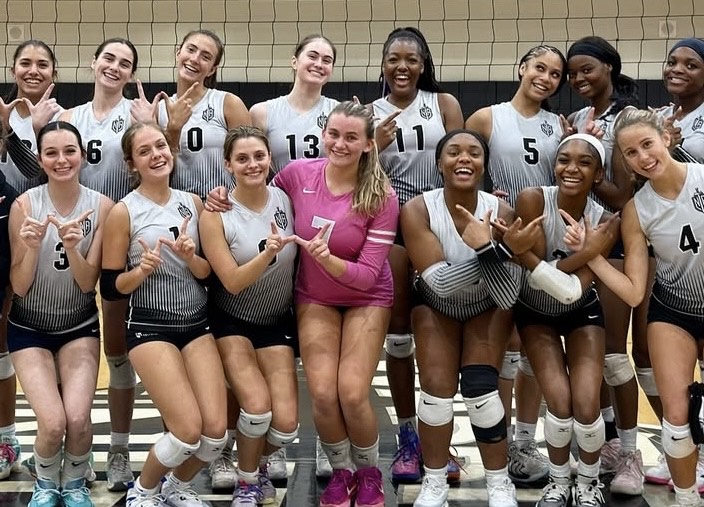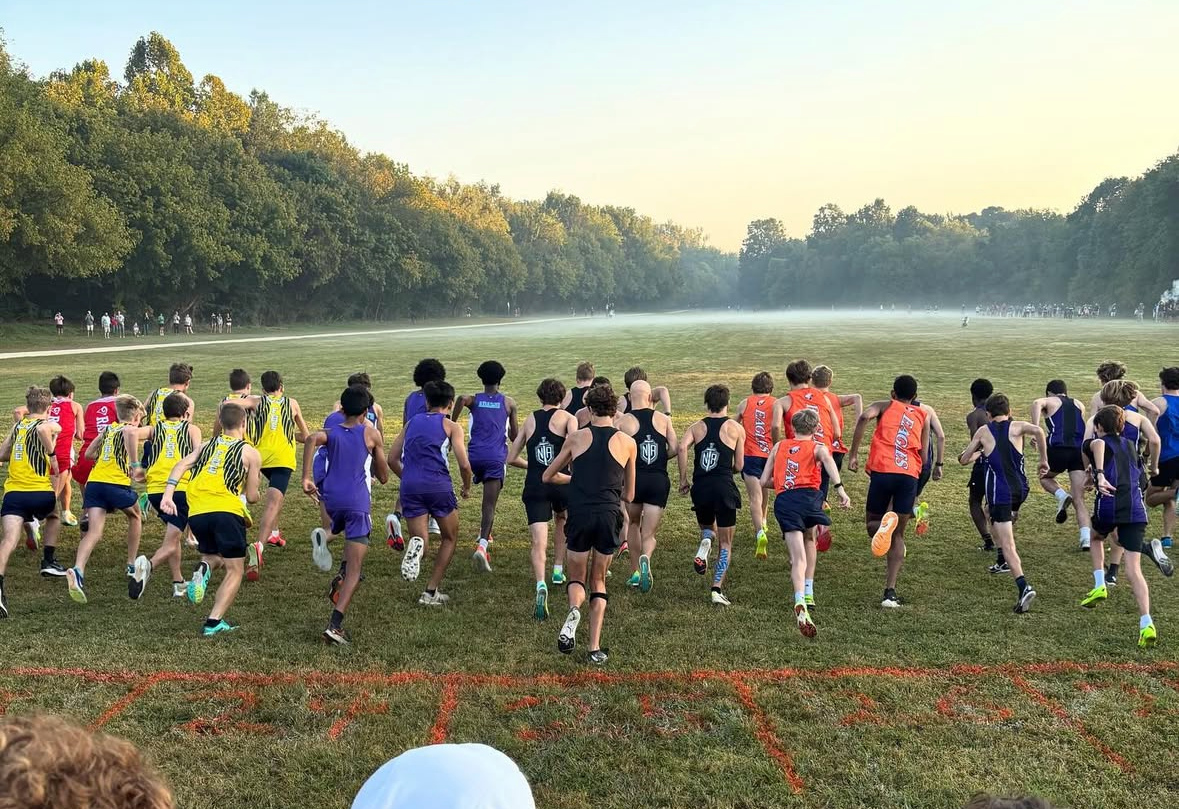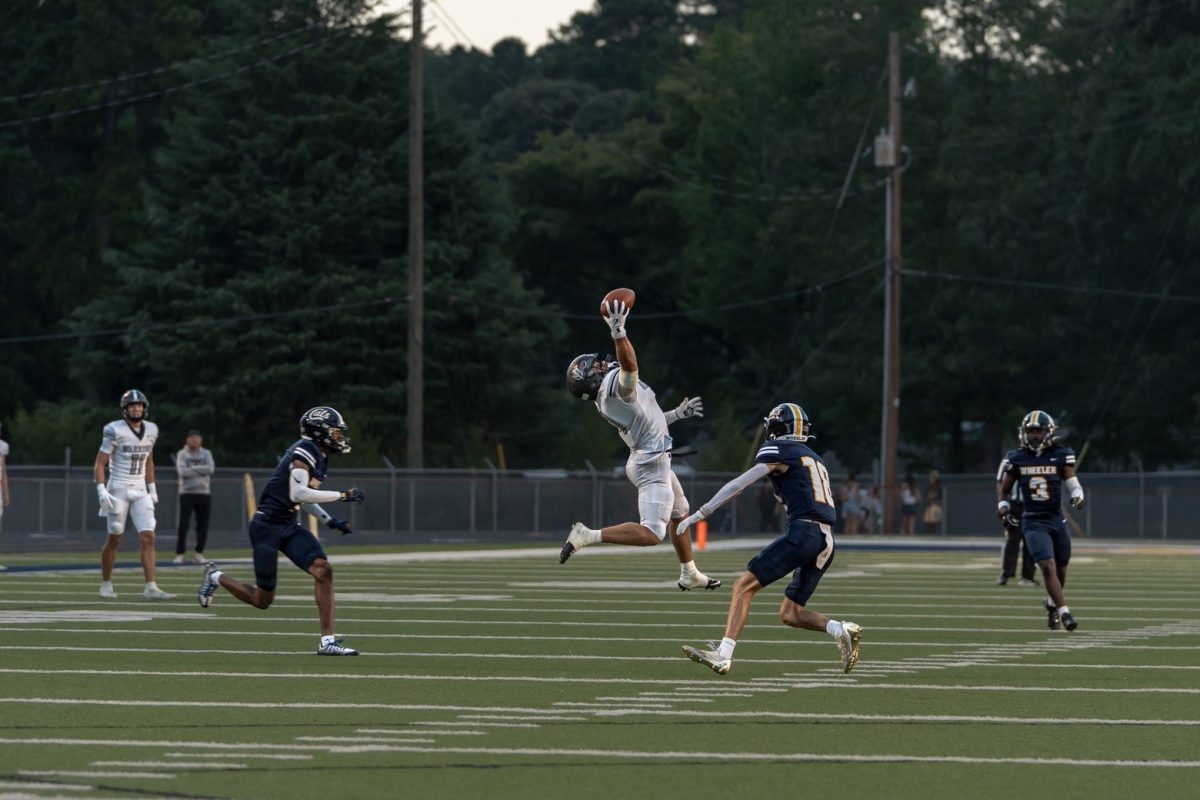The passion. The Pageantry. The history. The pride. These are what makes college sports great and unlike any sports spectacle in the world. In no other sport can a team full of 18-21-year-old kids, still in school, touch the lives of hundreds of thousands, if not millions of people. They are sports that used to be played with pride and a simple love for the game. Now, however, people have realized the immense fiscal potential of the sports and are taking advantage of every opportunity they can. With conferences being destroyed and name, image, and likeness deals swinging recruitments and transfers, the rich only continue to get richer, while the smaller programs get left in the dust.
There is certainly no denying that colleges have always used money to swing recruitment, but its use as a method of recruiting has skyrocketed in recent years ever since the introduction of NIL deals. Before the introduction of NIL, when players were still paid under the table, it was impossible to pay players significant amounts of money without being caught. Thus, this money was often not a major player in recruiting battles. But now, players are being paid millions of dollars to come to powerhouse schools to battle for national titles. Examples of this exuberant spending include Tennessee Quarterback Nico Iameleava who was paid 8 million dollars to come to the school, Texas quarterback Arch Manning who received 3.2 million, and Bronny James, son of Lebron James, who was paid 6.1 million to play basketball at USC. With these massive paydays, smaller programs that before could rely on hometown appeal, now have no chance to compete with the traditional powerhouses with much larger donor and booster clubs.
This influx of cash has also killed the loyalty of players in college sports. One of the aspects that makes these sports so great is not only the passion of the fans, but the players, who are still amateurs, play for the love of the school and the game. These players no longer have any loyalty as their commitments are made simply based on who gives them the highest stack of cash. We have seen countless big-name recruits flip multiple times in recent years with verbal commitments that mean absolutely nothing. Then, when these players realize their mistake of choosing a school based on their payday, they simply enter the transfer portal to play somewhere else. These players deserve to be paid for what they do as they bring in millions for the universities year after year, but it shouldn’t be used for recruiting purposes. These exuberant paydays only seem to be getting worse and worse, as the notion of how much still high school-age kids are worth continues to change day after day.
The quest for profit is killing the traditional conference order in college sports. The main money maker for these conferences, especially the SEC, ACC, Big 10, Big 12, and Pac-12 conferences, is TV deals with major media companies such as NBC, ESPN, and ABC. With the Pac-12 media deal scheduled to end this year, many of the colleges in the conference saw an opportunity to cash out, so they began leaving the conference. What started with UCLA and USC, soon became every team in the conference except Washington State and Oregon State. With no other West Coast conferences to join, they turned to the remaining four. These moves have killed the regionality that makes college sports so great and have ended long-standing rivalries and cherished memories like Pac-12 after dark. Not only does this end a treasured era of the sport, but it makes travel times ridiculous. This is especially problematic for typically underfunded women’s sports, and sports like baseball with games almost every day. A school like Stanford may have a home series in Baseball, then travel to New York to play Syracuse the day after, before flying down to South Beach for a series, to then return to California for another home series. This is unsustainable for athletes who are already under the immense stress of being a student-athlete and who not only have to maintain physical fitness during the season but maintain consistently good grades to keep from being dropped off a scholarship or from the team entirely.
The college sports landscape is changing at a faster rate than at any time in history. With most of these changes driven by an insatiable thirst for cash, fans can only sit back and watch as the sports they once loved continue to move away from their roots. And with even more changes on the horizon, like a 12-team college football playoff, that look to further alter the collegiate sports landscape, this trend seems to show no signs of stopping any time soon.
Cashing Out the Spirit: How Money is Ruining College Sports
David Hughes, Staff Writer
February 3, 2024
A glorious spectacle: the atmosphere of college sports is like no other.
0
More to Discover




















